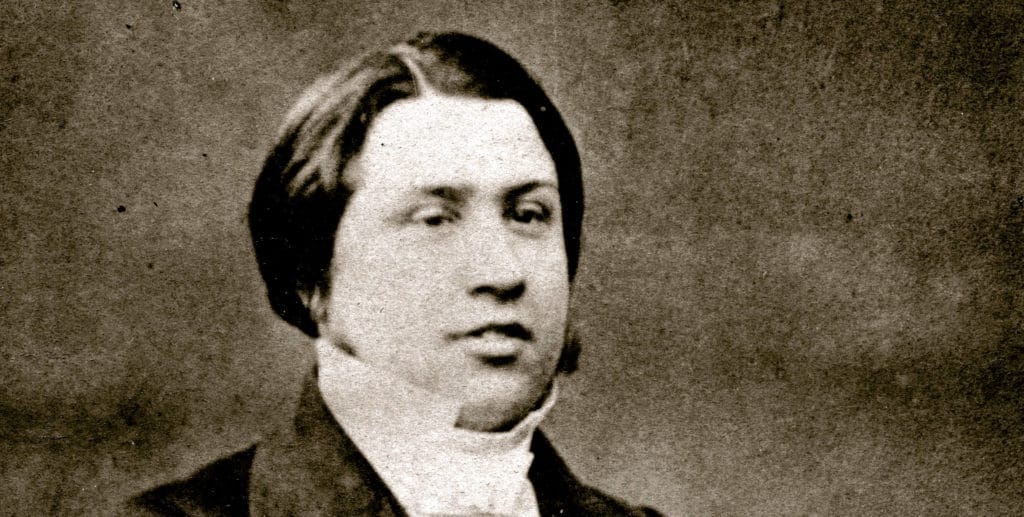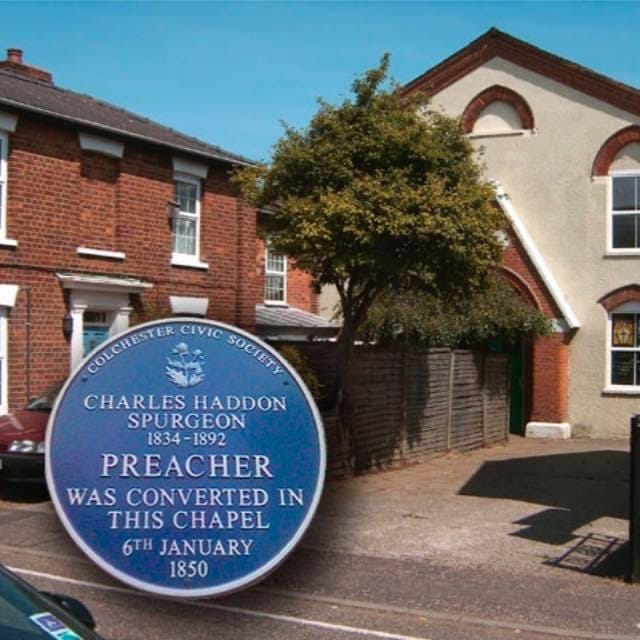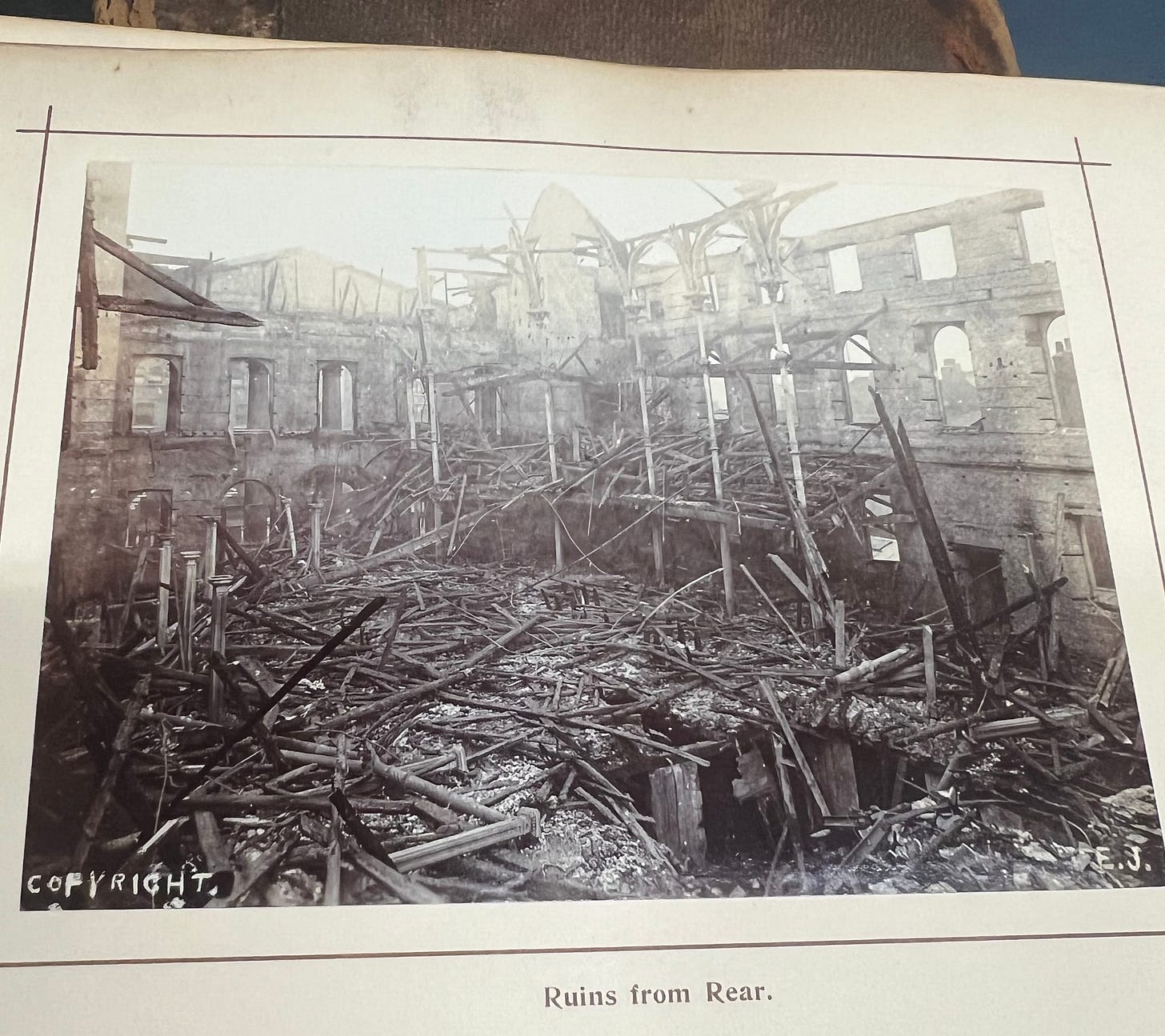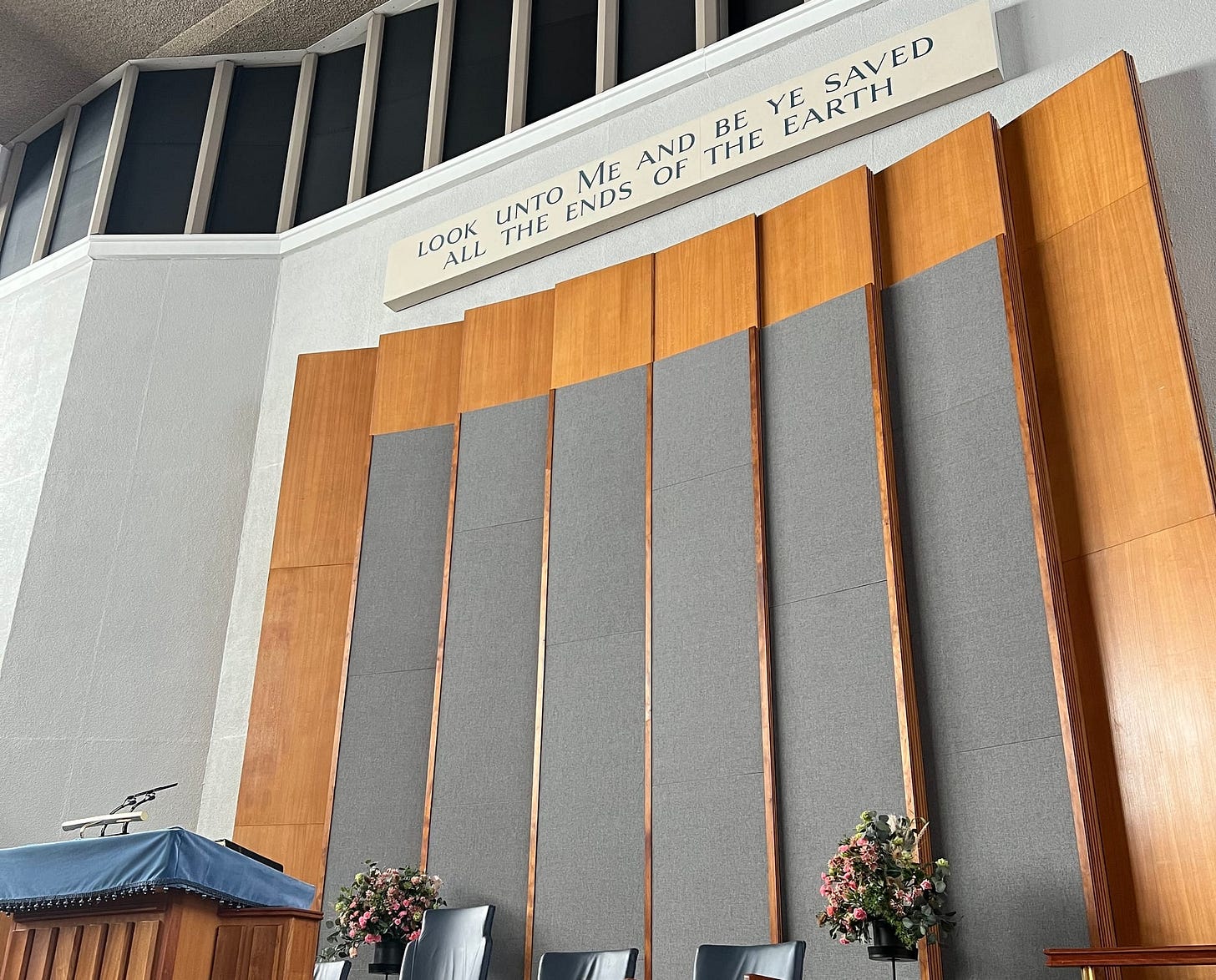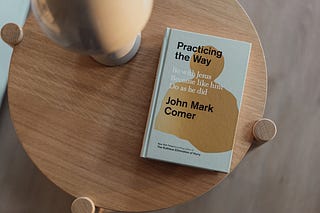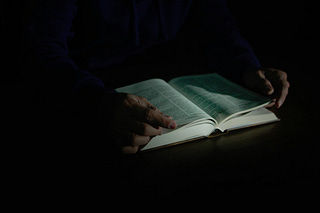
The Day of Spurgeon's Conversion
On January 6, 1850, in the middle of a heavy snowstorm, Charles Spurgeon was born again. The snow was so heavy that Spurgeon decided he better duck into a church nearby, a Primitive Methodist Chapel, rather than his usual church.
The place was not full. The normal preacher wasn't even there. The snow was to blame. So, a deacon gets up to preach. And he reads the passage:
“Look unto me, and be ye saved, all the ends of the earth: for I am God, and there is none else.” — Isaiah 45:22.
And the word look—emphasized by the Spirit, the text, and the preacher—arrested Spurgeon. He knew he had to look to Christ and be saved. And he did.
Spurgeon Recalls The Day
Six years after this day, Spurgeon preached a sermon on this text at New Park Street Pulpit. He opened by saying:
"Six years ago today, as near as possible at this very hour of the day, I was 'in the gall of bitterness and in the bonds of iniquity,' but had yet, by divine grace, been led to feel the bitterness of that bondage, and to cry out by reason of the soreness of its slavery.
Seeking rest, and finding none, I stepped within the house of God, and sat there, afraid to look upward, lest I should be utterly cut off, and lest his fierce wrath should consume me. The minister rose in his pulpit, and, as I have done this morning, read this text—'Look unto me, and be ye saved, all the ends of the earth; for I am God, and there is none else.' I looked that moment; the grace of faith was vouchsafed to me in the selfsame instant; and now I think I can say with truth—
'E’er since by faith I saw the stream
His flowing wounds supply,
Redeeming love has been my theme,
And shall be till I die.'
In another sermon, twenty-six years after his conversion, Spurgeon was preaching again on Isaiah 45:22. He recalled what the preacher said that awesome morning:
"I remember how he said, 'It is Christ that speaks: I am in the garden in an agony, pouring out my soul unto death; I am on the tree, dying for sinners; look unto me! Look unto me!’ That is all you have to do. A child can look. One who is almost an idiot can look. However weak, or however poor, a man may be, he can look; and if he looks, the promise is that he shall live.'
Then, stopping, he pointed to where I was sitting under the gallery, and he said, 'That young man there looks very miserable.' I expect I did, for that is how I felt. Then he said, 'There is no hope for you, young man, or any chance of getting rid of your sin, but by looking to Jesus;' and he shouted, as I think only a Primitive Methodist can, 'Look! Look, young man! Look now!' And I did look; and when they sang a hallelujah before they went home, in their own earnest way, I am sure I joined in it. It happened to be a day when the snow was lying deep, and more was falling; so, as I went home, those words of David kept ringing through my heart, 'Wash me, and I shall be whiter than snow;' and it seemed as if all nature was in accord with that blessed deliverance from sin which I had found in a single moment by looking to Jesus Christ."
Today in England
On a recent trip to England, I was able to spend time doing research at Spurgeon's church, The Metropolitan Tabernacle. The building suffered damages from a fire, and later from bombs from World War II. But thankfully the front, basement, and many documents survived.
During my tour of the rebuilt sanctuary, I couldn't help but notice the verse that everyone in the church would see as soon as they entered, and would see during the entire service.
Isaiah 45:22 sits above the preacher. A beautiful way to honor Spurgeon and Spurgeon's Savior.
I'm thankful to the God who saves. Thankful to the God who calls us sinners to look to him. Spurgeon wouldn't want us to think too much about him on the day of his conversion. He would want our attention to be on the God who saved him—and you, and me, and anyone else who will but look to Christ and live.



